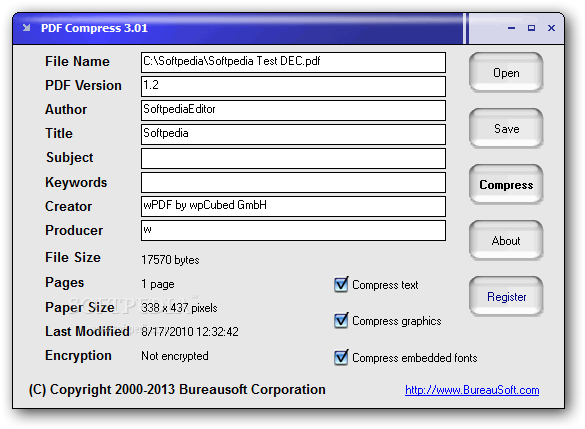

A first worsening heart failure event occurred in 237 patients (10.0%) in the dapagliflozin group and in 326 patients (13.7%) in the placebo group (hazard ratio, 0.70 95% CI, 0.59 to 0.83). Over a median of 18.2 months, the primary outcome occurred in 386 of 2373 patients (16.3%) in the dapagliflozin group and in 502 of 2371 patients (21.2%) in the placebo group (hazard ratio, 0.74 95% confidence interval, 0.65 to 0.85 P<0.001). The primary outcome was a composite of worsening heart failure (hospitalization or an urgent visit resulting in intravenous therapy for heart failure) or cardiovascular death. In this phase 3, placebo-controlled trial, we randomly assigned 4744 patients with New York Heart Association class II, III, or IV heart failure and an ejection fraction of 40% or less to receive either dapagliflozin (at a dose of 10 mg once daily) or placebo, in addition to recommended therapy.


More data are needed regarding the effects of SGLT2 inhibitors in patients with established heart failure and a reduced ejection fraction, regardless of the presence or absence of type 2 diabetes. In patients with type 2 diabetes, inhibitors of sodium-glucose cotransporter 2 (SGLT2) reduce the risk of a first hospitalization for heart failure, possibly through glucose-independent mechanisms.


 0 kommentar(er)
0 kommentar(er)
